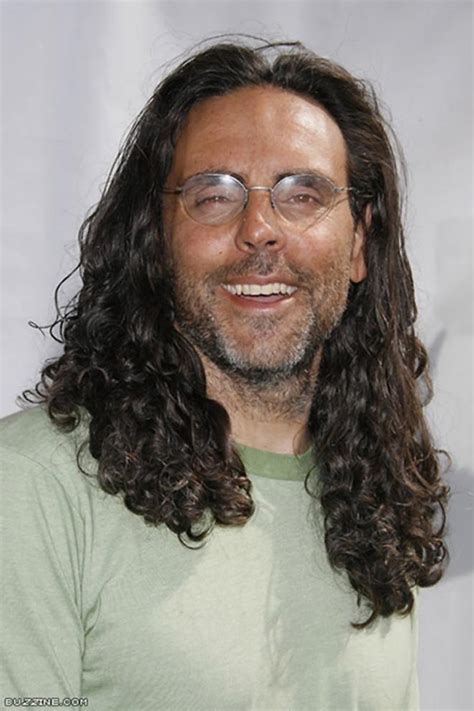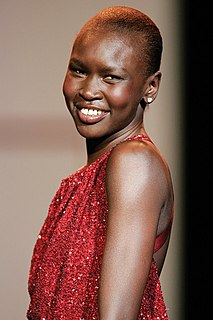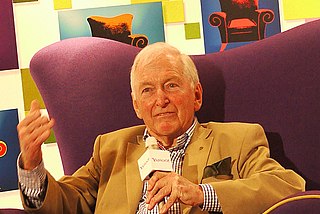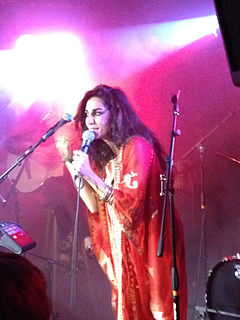A Quote by Rabih Alameddine
I jokingly say if there was one great thing about, you know, the Lebanese Civil War was that it forced me to read.
Related Quotes
I need to have one foot inside and one foot outside a culture to be able to write about it. For example, I couldn't write about the gay culture if I were wholly inside or outside of it. Finding that distance is always interesting. I jokingly say that when I'm in America, I write about Beirut, and when I'm in Beirut, I write about America. A lot of my friends in Beirut think I'm more American than Lebanese. Here, my friends think of me more as Lebanese.
So about 80 years after the Constitution is ratified, the slaves are freed. Not so you'd really notice it of course; just kinda on paper. And that of course was at the end of the Civil War. Now there is another phrase I dearly love. That is a true oxymoron if I've ever heard one: "Civil War." Do you think anybody in this country could ever really have a civil war? "Say, pardon me?" (shoots gun) "I'm awfully sorry. Awfully sorry."
I'm working on a script right about Civil War re-enactors who go back in time to the actual Civil War. It's kind of a big, crazy Back to the Future comedy. So, of course, it's the Civil War - I play the banjo. I was just having a conversation with one of the producers about some of the material and he was like, 'You know, we have to work in a scene where you play the banjo. And I was like I'll get behind that.
Now that I've seen what war is, what civil war is, I know that everybody, if one day it should end, ought to ask himself: "And what shall we make of the fallen? Why are they dead?" I wouldn't know what to say. Not now, at any rate. Nor does it seem to me that the others know. Perhaps only dead know, and only for them is the war really over.





































